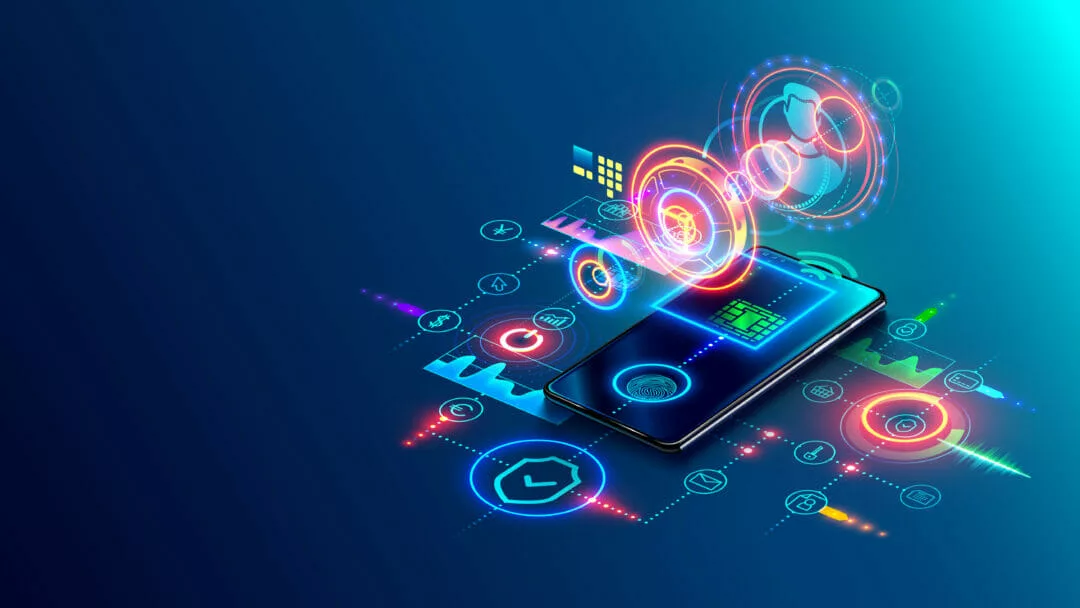Vinyl is back. The compact disc has pushed the vinyl underneath. Flash Drive announced its burial. Why not? Albums have limitations. You cannot listen to a record in your car. You can plug a USB flash drive directly into a data port to listen. A flash drive allows you to add music to your computer. You can upload songs to your phone’s music app.
Flash drive makes it easy for upcoming and established artists to play their songs anywhere. Anytime. At a show, a DJ can play an artiste’s music. Connect directly to his fans. The flash drive is the right media format for any band. Vinyl was supposed to be a relic of the past. What is new?
On The One Hand
Change is not a concrete cement. It is impermanent. It should not be permanent. A season comes. As the season goes by. The sun shines. Rainfalls. Life moves on. Nature disrupts our lives. Analogue evaporates. Digital appears. Traditional moves give way. New thought models take the stage. The reason the current disruption in the Fintech ecosystem is a phase. It should not faze you. Look at the alliance between banks and Fintech start-ups. The alliance allows banks to leverage the outside perspective of Fintech start-ups. This permits Fintech to work in a way banks cannot work.
Yes, technology is like a razor blade. It cuts the time it takes to make decisions. It also changes how you relate. Technology has changed the financial services industry at an alarming rate. It has equally brought cybercrime. (This story comes another day). Technology is unrelenting. But banking goes on. According to www2.lehigh.edu, about one-third of Goldman’s staff – about 9,000 – are computer engineers.
Aside from this, leading the Fintech revolution are the emerging markets. China has an adoption rate of 69 per cent. India is second at 52 per cent. The United States has 33 per cent. MIT Technology Review reported in February, for example, that Goldman Sachs had only two traders left on its U.S. cash equities trading desk in New York. By contrast, in 2000, the Wall Street giant had 600 well-compensated humans who bought and sold stocks for its big clients. Machines handle these jobs now.
Oliver Yao, George N. Beckwith ’32 Professor of Information Systems and chair of the Department of Management at Lehigh said, “Disruption is bad, right? But this is a disruptive advancement. It’s not incremental advancement. It is disruptive. It destroys old routines. It builds new ones that are much faster, smarter, and more intelligent, which is a good thing.”
The latest EY Fintech Adoption Index surveyed consumers in 20 global markets who are active online and found “that Fintech firms have reached a tipping point. They are poised for mainstream adoption.”
On The Other Hand
Abubakar Suleiman, the CEO of Sterling Bank and the winner of the Special Leadership Award at the Nigerian Fintech Award 2022 said digital products have helped to improve the profits of financial institutions. The keynote speaker at the awards maintained, “We forget one thing. Less than one out of every effort at disruption leads to emptiness. 99% of efforts at disruption either do not happen or result in personal loss. It is not every time that the desired results came through disruption.”
Disruption, he observed, is a double-edged sword. He, therefore, asked Fintech firms to change their perception of disruption. There is no certainty about its likely outcome. “The more comfortable one is, the less likely it is to want a change. Disruptors need to appreciate the value of partnerships and distribute risks.” Meaning. Traditional banks may not become vinyl due to Fintech disruption.
From the sideline
Vinyl is back. In the USA, 41.72 million vinyl albums were sold in 2021.
What is the reason, please?
Nostalgia, nostalgia, nostalgia. Vinyl gives you the sound quality of an adhesive album.
What is your point, please?
Traditional banking gives you a personal touch. It will survive and thrive. Like vinyl.





